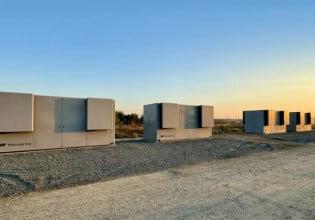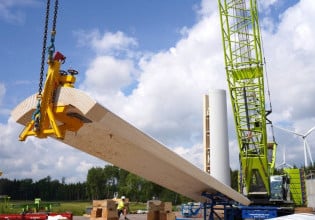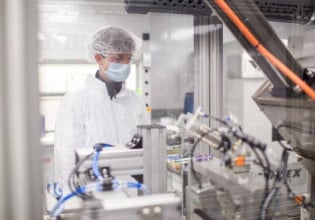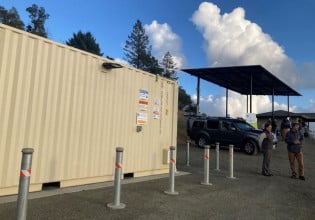DOE Announces EV, Battery Grants; US Taxpayers Subsidizing Korean Rise In Li-Ion Battery Market
The U.S. Department of Energy (DOE) announced $2.4 billion in grants to accelerate the manufacturing and deployment of the next generation of U.S. batteries and electric vehicles. The funds will support 48 new advanced battery and electric drive components manufacturing and electric drive vehicle deployment projects in over 20 states.
The announcement marks the single largest investment in advanced battery technology for hybrid and electric-drive vehicles ever made. Industry officials expect that this $2.4 billion investment, coupled with another $2.4 billion in cost share from the award winners, will result directly in the creation tens of thousands of manufacturing jobs in the U.S. battery and auto industries.
In terms of batteries, $1.5 billion of the grants have been earmarked for U.S. based manufacturers to produce batteries and their components and to expand battery recycling capacity. Of these funds, nearly $1.1 billion were awarded to six American companies, half of which involve South Korean parent companies or supply. The three American-owned companies were: Johnson Controls Inc. ($2.99 billion), A123 Systems Inc. ($249 billion), and EnerDel Inc. ($118 billion).
KD ABG MI LLC of Midland, Michigan, a subsidiary of Dow Kokam, a joint venture between Kokam Co. Ltd. and The Dow Chemical Co. was awarded $161 billion to produce manganese oxide cathode/graphite Li-ion cells for hybrid and electric vehicles. Kokam is a South Korean company.
Compact Power Inc., with three plants in Michigan, received $151 billion on behalf of their South Korean parent company, LG Chem Ltd.. General Motors Corp. was awarded $105 billion for the production of high-volume battery packs for the Volt. Thus far, the primary provider of the cells will be LG Chem.
Another South Korean manufacturer, Samsung SDI has announced its own major deal with BMW to supply the German company with Li-ion batteries. Some observers say that the combined force of the companies (primarily LG Chem and Samsung SDI) is set to break the hold of Japanese companies on the battery business with their new technology.
Japanese battery makers currently capture 95% of the nickel-metal hybrid batteries market. Since the late 1990s, Japanese makers have used nickel-metal hybrid batteries mainly for cost reasons. Now, the new paradigm is pointing toward lightweight lithium-ion batteries, which South Korean firms are increasingly concentrating on.






